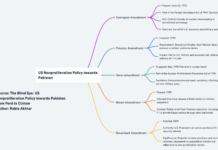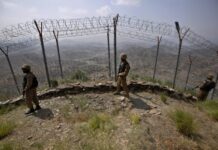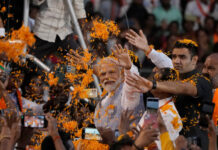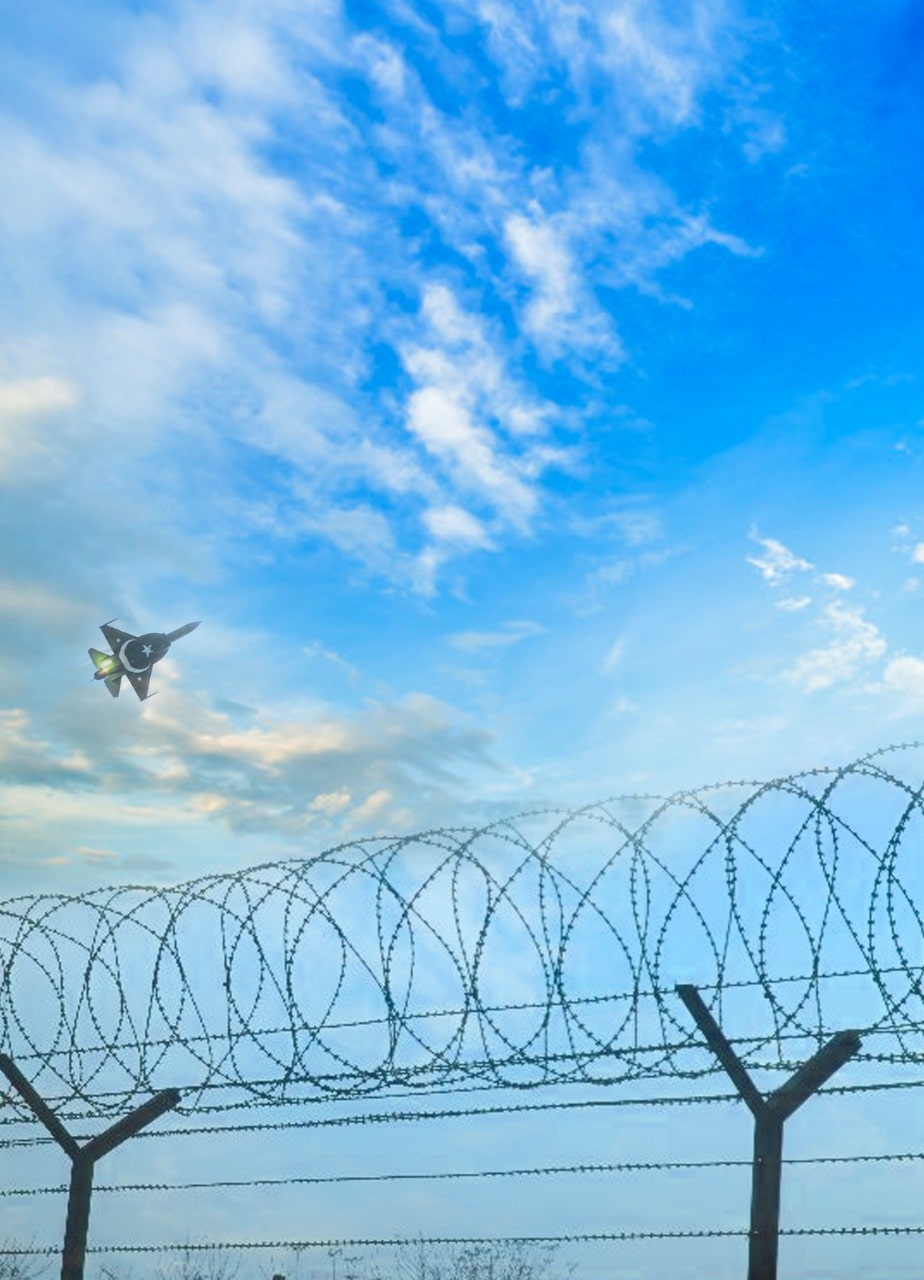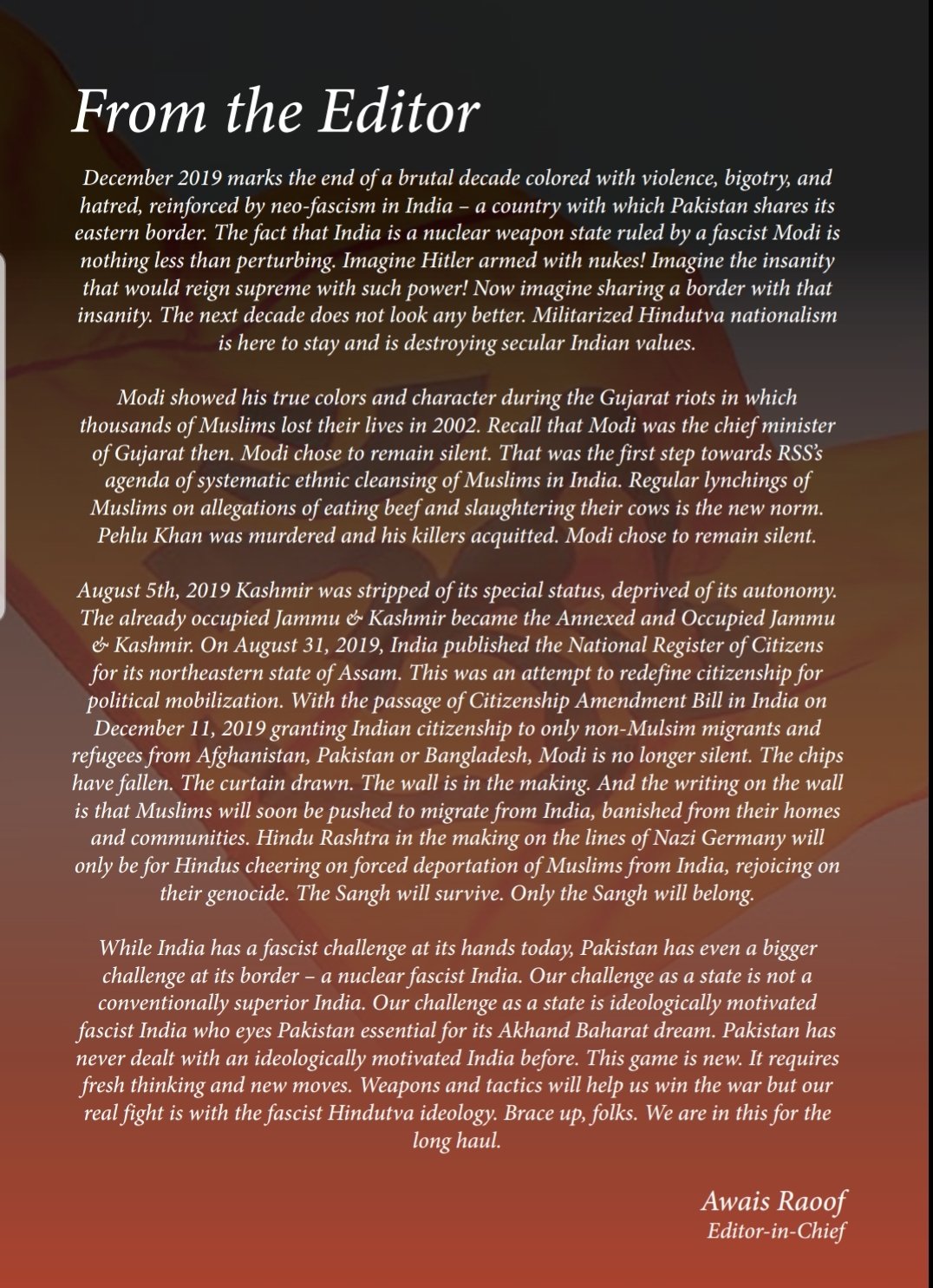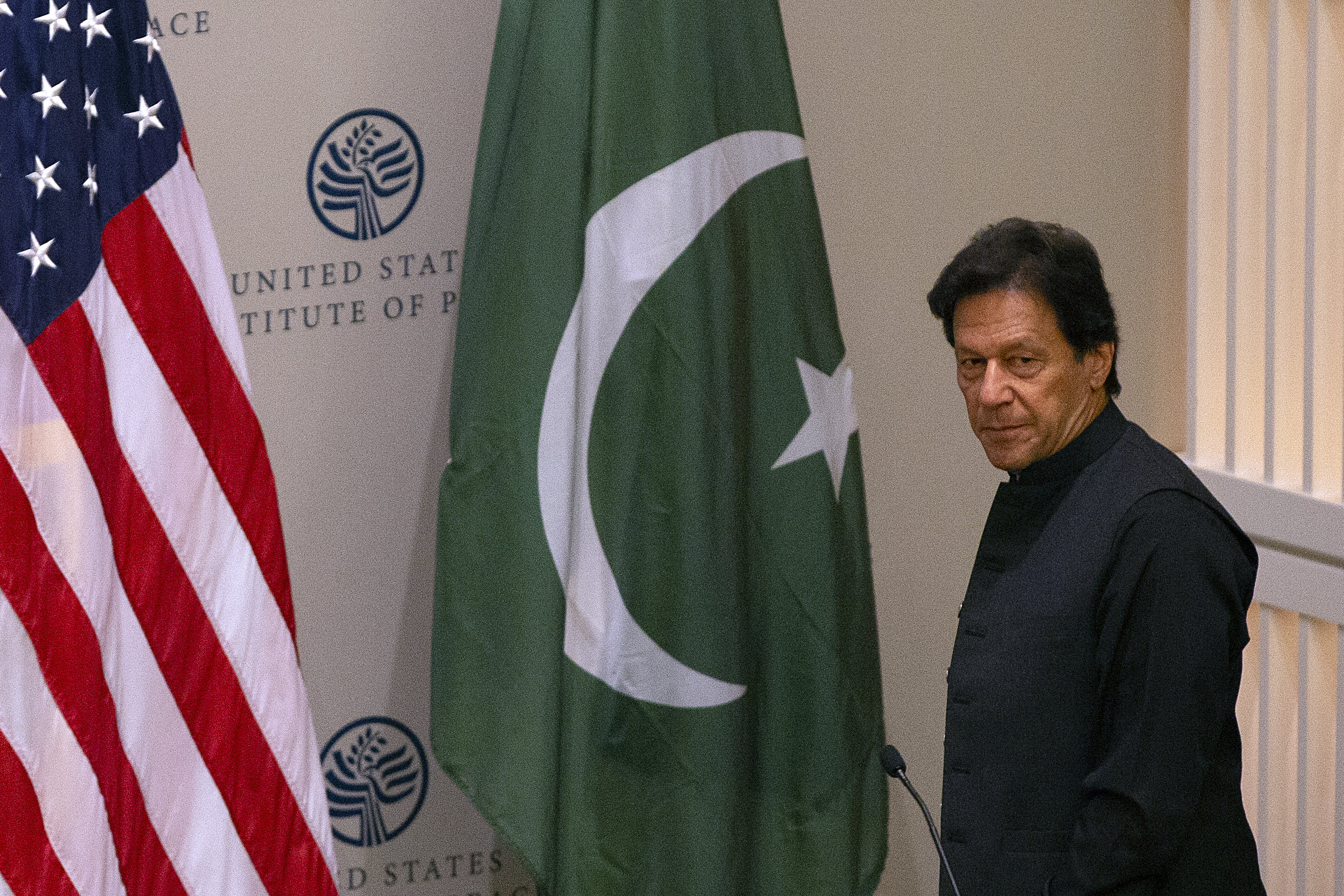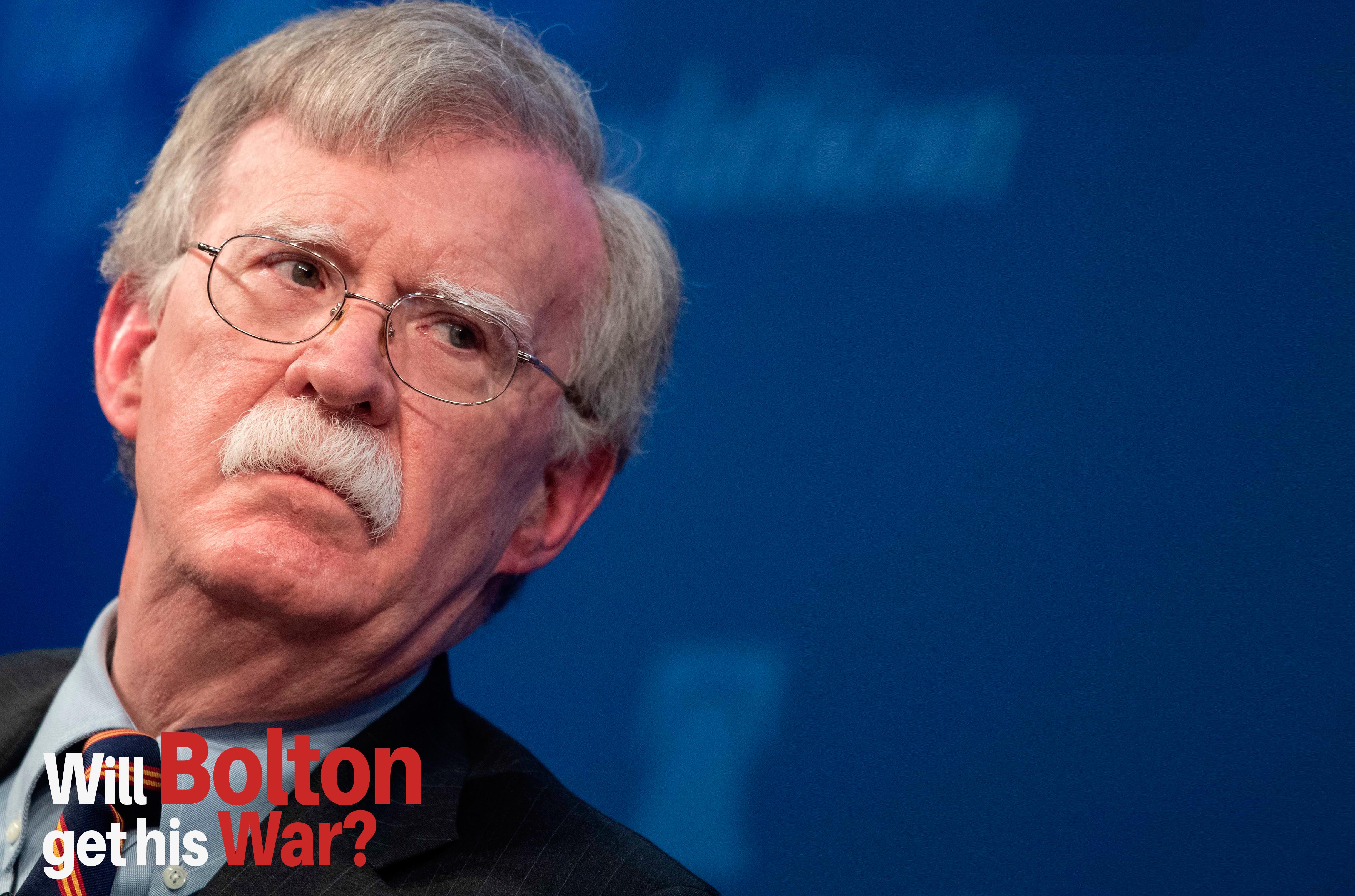Ali Sultan
In the present day and age, populist political regimes that feed on ethno-nationalism and identity politics, as typified by Prime Minister Narendra Modi’s BJP government in India, are lamentably sacrificing international rule of law at the altar of narrow political considerations and a ceaseless urge to burnish their strong-man leadership credentials. From its ongoing repression and human rights abuses in disputed Indian Kashmir, as comprehensively documented in a 2018 report issued by the Office of the United Nations’ High Commissioner for Human Rights, to its systematic shrinking of minorities’ religious freedoms in India, as highlighted in the 2018 annual report of the United States Commission on International Religious Freedoms, Prime Minister Modi’s government has demonstrated a fragile commitment to fundamental norms and principles of international law.
It is, therefore, unsurprising that India’s conduct has run afoul of international law in the wake of the Pulwama attack as well. Through its various actions in Pulwama’s aftermath, India has, in fact, cavalierly attempted to chip away the post-World War II rules-based international order, which for over seven decades has led to unprecedented global peace, stability and prosperity. This is profoundly worrisome because there really is no viable alternative for this just global order. Not to mention, of course, that India’s reckless conduct brought two nuclear-armed South Asian neighbors dangerously close to the brink of unimaginable ruin.
As per the Draft Articles on Responsibility of States for Internationally Wrongful Acts, a state is only responsible for conduct that is attributable to it under international law. On the basis of all available evidence, the Pulwama attack was the handiwork of a local Indian national with purported ties to Pakistani based group Jaish-e-Muhammad (JeM). JeM’s conduct, however, is not attributable to Pakistan under international law as it is not an official organ of the state. Additionally, India has not provided sufficient proof to date to establish that JeM operates under the ‘effective control’ of the Pakistani state, which is necessary to satisfy the high threshold of imputation enunciated by the International Court of Justice in the Nicaragua case and in the Bosnia Genocide case. Pakistan as a state thus committed no international wrong attributable to it and hence bears no responsibility under international law for the Pulwama attack.
Nevertheless, in good faith pursuance of its obligations under United Nations Security Council Resolution 1373, Pakistan immediately condemned the Pulwama attack and offered India cooperation in its investigation on mutual legal assistance grounds. To amicably settle their disputes, as called for by Articles 2 (3) and 33 (1) of the United Nations Charter, Pakistan also invited India to the diplomatic table to candidly discuss all outstanding issues including Kashmir and terrorism. Moreover, it undertook active measures to clamp down on JeM seminaries in the country. Through intent and actions, Pakistan clearly signaled to India and the global community its willingness and ability to move the needle towards lasting peace in the region.
Instead of adopting the prudent course of diplomacy and negotiations, India however mindlessly chose to lock horns with Pakistan in a provocative manner, epitomized by Prime Minister Modi’s statement of 14 February, 2019, threatening Pakistan of “a strong military response.” Such incendiary statements in and of themselves constitute a breach of the United Nations Charter’s Article 2 (4) whereby “all [UN] Members shall refrain in their international relations from the threat or use of force against the territorial integrity or political independence of any state.” It has also now publicly emerged that later when the standoff was at its crescendo, India threatened Pakistan with firing six missiles into its territory. This constitutes another blunt violation of Article 2 (4) by India. The same holds true for Indian National Security Adviser Ajit Doval’s statement on March 19, 2019, warning Pakistan of “more Indian action.”
As pointed out by Pankaj Mishra in his article, ‘Armchair Generals Are Marching India Into Trouble,’ published on Bloomberg’s website on March 6, 2019, a large swathe of the Indian media, prodded on by a powerful military-industrial complex, dutifully whipped up jingoism and war hysteria by vociferously advocating for war against Pakistan. India, by failing to prohibit and stop such blatant beating of war drums between two nuclear-armed neighbors, violated yet another international law obligation under Article 20 (1) of the International Covenant on Civil and Political Rights whereby “any propaganda for war shall be prohibited by law.”
Indian threats to use force materialized into actual use of force against the sovereignty and territorial integrity of Pakistan when its military aircraft violated Pakistani airspace on the night of February 26, 2019, and dropped heavy ammunition on its soil. The Indian government, contrary to all evidence, falsely claimed to have killed hundreds of terrorists in these airstrikes. As a matter of fact, they merely felled a few trees. Regardless, these strikes represent an open and clear violation of the jus cogens (universal and peremptory) prohibition against use of force in international relations enshrined in United Nations Charter’s Article 2 (4).
More specifically, Indian airstrikes constitute an international crime against peace and an international wrong against the state of Pakistan. Crucially, this aggressive use of force, further restricted by customary international law and United Nations General Assembly Resolution 3314 (Definition of Aggression), cannot be justified by India as an act of self-defence. Both treaty and customary international law as well as the fundamental purposes and objectives of the United Nations do not, even under their broad interpretation, permit the right of pre-emptive self-defence against non-state actors in other sovereign states, arguably even if those states are unwilling or unable to act against the non-state groups. Allowing states this expansive right of self-defence under international law would be tantamount to making them the judges, the juries and the executioners in these situations, which in due course could easily sink the world into an anarchic bazar of violence.
The strict prohibition against use of aggressive force embodies centuries of lessons imbibed by humanity that war is too costly an endeavor to achieve any justifiable gains, which ultimately found its expression in Articles 2 (4) and 51 of the United Nations Charter. In the post-World War II era, as weapons became too lethal, allowing their liberal use defied logic and common sense. The prohibition against use of aggressive force, therefore, operates as the bedrock norm of the post-World War II rules-based international peace and security architecture.
Indian airstrikes over Balakot, in essence then, violated one of the most fundamental norms of the international system, besides escalating the crisis to dangerous levels. Moreover, India also breached the decades-long respected customary norm between the two states to not fly military aircraft 10 km on either side of the Line of Control.
In fact, the airstrikes were, as aptly characterized by the Economist and the New York Times, an act of armed reprisal or retaliation against Pakistan. This was plainly unlawful because Pakistan had earlier on violated no law of international armed conflict imputable to it to legally permit India to adopt any belligerent reprisal.
Pakistan’s response to aggressive armed attack against it, on the other hand, constitutes a justifiable use of force under Article 51 of the United Nations Charter whereby “nothing in the present Charter shall impair the inherent right of individual or collective self-defence if an armed attack occurs against a Member of the United Nations.” This use of force in self-defence was necessary to demonstrate Pakistan’s intent and capabilities, to exercise its legal right under Article 51, and to deter India from future aggression on its soil. It was also proportionate as Pakistan exercised utmost caution to not cause any loss of civilian life. Instead, it downed two Indian fighter jets that had strayed into its airspace and were hence legitimate military targets for its Air Force.
Pakistan’s treatment of the captured Indian pilot, Wing Commander Abhinandan, was largely consistent with the rules of the Third Geneva Convention of 1949. But more importantly, in an admirable and courageous gesture of peace and confidence building at a critical juncture in the escalating crisis between South Asia’s nuclear-armed neighbors, Pakistan handed Wing Commander Abhinandan back to India even though it was under no legal compulsion to do so as the hostilities between the two countries were still ongoing and Pakistan under the Third Geneva Convention retained the legal right to detain Wing Commander Abhinandan until their end. Nevertheless, politically and diplomatically this was the right decision as it was absolutely necessary at the time to avert further escalation of a situation already fraught with unthinkable perils.
Due to this large-hearted gesture as well as brokering from, among others, the United States and China, India and Pakistan mercifully seem to have momentarily moved away from the brink of at least an imminent apocalyptic disaster. For the sake of the well-being of over 1.5 billion inhabitants of India and Pakistan, it is now fervently hoped that Prime Minister Modi’s government will act responsibly and maturely in the future, besides abiding by its international law commitments in its relations with Pakistan. Ultimately, as the history of human progress teaches us, enduring peace and prosperity in both India and Pakistan will come to fruition not through bombs and senseless war-mongering but through dialogue and patient diplomacy. Let us hope that comes to pass sooner rather than later.
Dr. Ali Sultan is an international law and policy expert, and teaches law at Lahore University of Management Sciences (LUMS).



